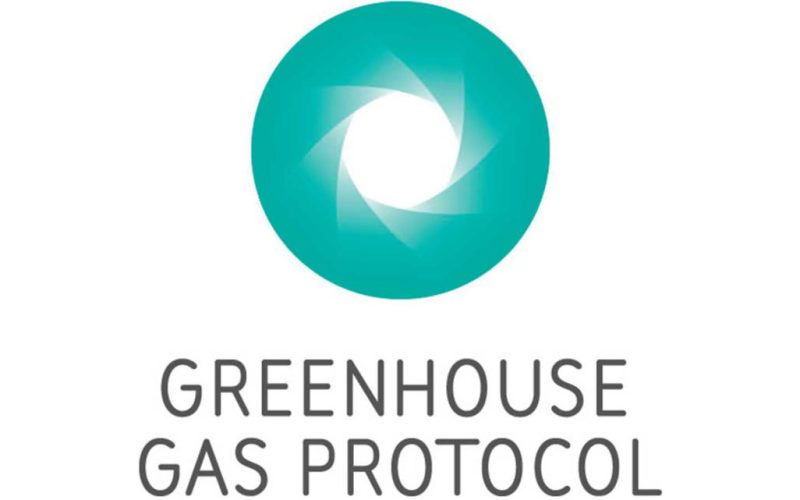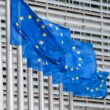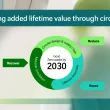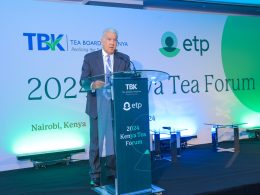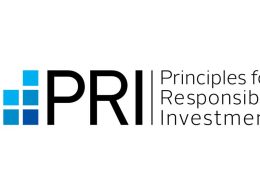The Greenhouse Gas (GHG) Protocol has announced the addition of five new Observing Entities to its Independent Standards Board (ISB). The newly appointed observers represent prominent global organisations in sustainability reporting and standard-setting: CDP, the European Financial Reporting Advisory Group (EFRAG), the Global Reporting Initiative (GRI), the International Sustainability Standards Board (ISSB), and the Science Based Targets initiative (SBTi).
These entities, which develop or reference standards aligned with GHG Protocol methodologies, will participate in ISB meetings in a non-voting capacity, contributing to the development and revision of GHG standards. The move is intended to support greater harmonisation across greenhouse gas accounting, reporting, and target-setting frameworks.
Alexander Bassen, Chair of the ISB, described the development as a key step in aligning efforts across climate reporting initiatives: “This alignment will create material benefits for corporates seeking to set and achieve climate targets by creating a more streamlined process across programmes.”
Representatives from the five organisations highlighted the importance of collaboration in achieving consistency and credibility in sustainability reporting:
- CDP’s Director of Climate, Amir Sokolowski, noted that linking environmental disclosure to robust accounting standards is essential for driving systemic change across the economy.
- EFRAG Chair Patrick de Cambourg said the body’s participation aims to support consistency and comparability in GHG reporting across the EU and beyond.
- GRI‘s Chief Standards Officer, Bastian Buck, emphasised the longstanding collaboration with GHG Protocol and reiterated GRI’s commitment to future standard development.
- ISSB Vice-Chair Sue Lloyd welcomed the engagement, citing the use of GHG Protocol in the ISSB’s climate standard (IFRS S2) and its relevance to investor-focused disclosures.
- SBTi’s Chief Technical Officer, Alberto Carrillo Pineda, stated that the partnership would reinforce the foundations of credible climate target-setting and tracking.
The inclusion of these organisations is expected to enhance coordination among leading sustainability standards bodies, as businesses face increasing demands for accurate, transparent, and comparable climate-related data.














